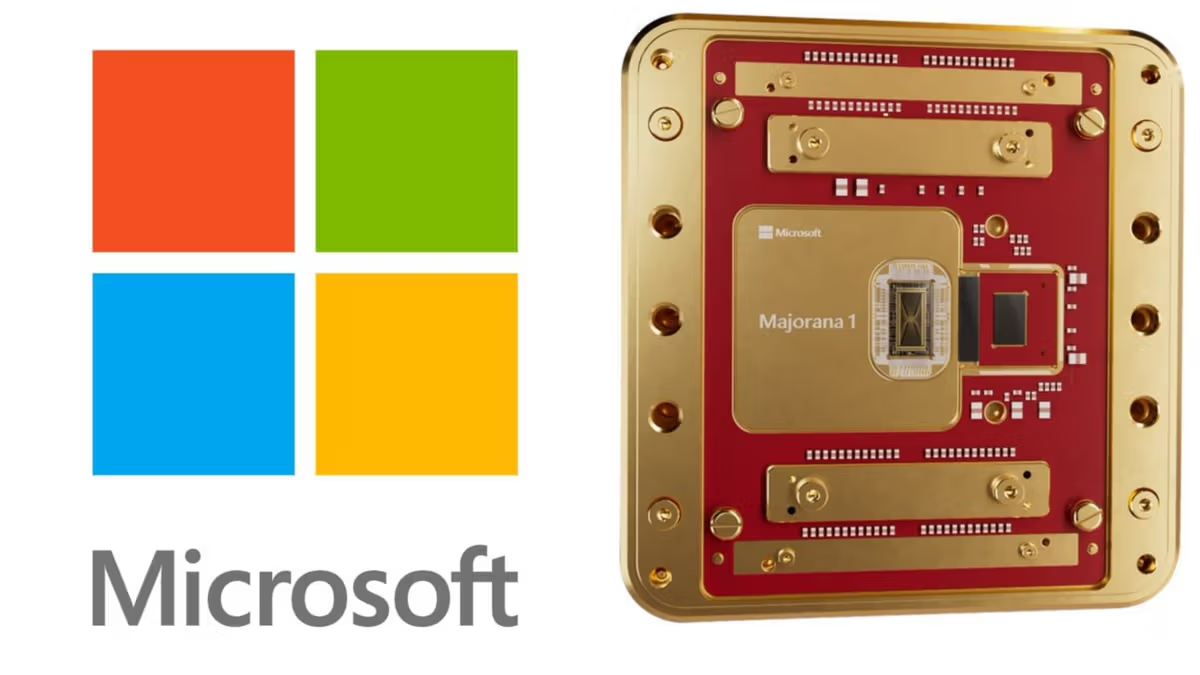In a landmark move, leading technology companies including OpenAI, Meta, and others have announced a collaborative effort to combat the misuse of artificial intelligence in election processes worldwide. This initiative, revealed at the Munich Security Conference, underscores a significant step toward addressing the challenges posed by AI-manipulated content, notably deepfakes, that threaten the integrity of democratic elections.
Key Highlights:
- Major tech firms pledge to fight deceptive AI election content through a new industry accord.
- The initiative focuses on developing tools and techniques to detect and debunk AI-manipulated images and audio.
- Companies involved include Adobe, Google, Meta, Microsoft, OpenAI, and TikTok.
- The effort responds to rising concerns over AI’s potential to undermine electoral integrity and public trust.
- The initiative complements a set of voluntary commitments made to the White House, emphasizing AI safety, security, and trust.
The collective action aims to establish a set of protocols and tools, such as watermarks and detection technologies, to identify and counteract “deepfake” content—sophisticated AI-generated images, videos, and audio designed to mislead or manipulate public opinion. This accord represents a unified stance against the exploitation of AI technologies in electoral processes, with a commitment to safeguarding electoral integrity and reinforcing public trust in democratic systems.
In detail, the initiative seeks to enhance the detection of AI-generated disinformation, with several firms, including OpenAI and Meta, announcing plans to label such content in the upcoming months. The urgency of this measure is underscored by incidents of political deepfakes in countries like the United States, Poland, and the United Kingdom, which have stirred significant concern over the potential impact on national politics.
Moreover, this initiative aligns with regulatory efforts, such as the European Union’s Artificial Intelligence Act, which mandates clear labeling of AI-generated content, demonstrating a global push towards greater accountability and transparency in the digital realm.
The tech giants’ commitment also extends to a broader agreement with the White House, which emphasizes the principles of safety, security, and trust in AI development. This includes conducting thorough testing of new AI models to identify potential misuse, such as in weapons development or cyberattacks, and ensuring robust security measures to protect AI systems from unauthorized access.
A Unified Front Against AI Misuse: An Opinion
The concerted effort by OpenAI, Meta, and other leading technology companies to address the misuse of AI in elections is a watershed moment for digital democracy. It reflects a growing recognition of the profound responsibility tech companies bear in shaping the future of public discourse and the integrity of electoral processes. By joining forces, these firms not only pledge to advance technological solutions to combat disinformation but also commit to a shared vision of a digital ecosystem grounded in trust, transparency, and ethical governance.
This initiative, while promising, also underscores the complex challenges ahead. The effectiveness of these efforts will hinge on continued collaboration among tech firms, governments, and civil society to adapt to evolving threats and ensure the resilience of democratic institutions in the digital age. As this accord moves from pledge to practice, the true test will be in its ability to foster a safer, more informed public sphere where the potential of AI can be harnessed for good, without compromising the foundational principles of democracy.



















